Hermeticism is based on the teachings of a mysterious man named Hermes Trismegistus. He is portrayed as a wise teacher, a powerful magician, and a skilled mystic. He has been seen as a teacher of Moses, the inventor of alchemy, and the founder of occult schools throughout history.
Alexandrian Origins
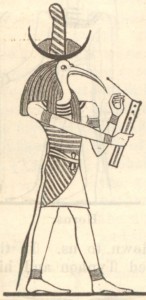 Hermes Trismegistus is a composite of several mythological figures. He arose in Ptolemaic Alexandria, where the mishmash of Hellenistic and Egyptian culture bred dozens of interesting cults, religions, and deities. Early on, the Hellenistic deity Hermes became associated with the Egyptian deity Thoth.1 Both were inventors of writing and gods of magic. Both were also psychopomps, responsible for guiding souls in the afterlife. As a result, over the centuries they became identified with each other and were even worshiped together in certain Egyptian temples. In fact, Khmun, the Egyptian center for the cult of Thoth, became known as Hermopolis under the Ptolemies.
Hermes Trismegistus is a composite of several mythological figures. He arose in Ptolemaic Alexandria, where the mishmash of Hellenistic and Egyptian culture bred dozens of interesting cults, religions, and deities. Early on, the Hellenistic deity Hermes became associated with the Egyptian deity Thoth.1 Both were inventors of writing and gods of magic. Both were also psychopomps, responsible for guiding souls in the afterlife. As a result, over the centuries they became identified with each other and were even worshiped together in certain Egyptian temples. In fact, Khmun, the Egyptian center for the cult of Thoth, became known as Hermopolis under the Ptolemies.
Because of this, Hermes Trismegistus, as a legendary teacher of magic and mysticism, was probably a humanized syncretization of Hermes and Thoth. His legacy has been immense.
Multiple Hermes?
Even though Hermes Trismegistus was a mythical figure, many ancient writers wrote about him as if he was a real person. This produced disagreements and confusion. At some point, it began to be assumed that there were two Hermes. In Asclepius, Hermes Trismegistus talks about his grandfather:
Is it not true that my grandfather Hermes, after whom I am named, resides in his eponymous town whence he aids and cures all those who come to him from every land?
Asclepius 372
This passage indicates that the Grandfather Hermes is in fact identical with the deity Hermes, residing at Hermopolis.3 Ancient writers invented additional Hermes to fill in the gaps. In fact, it could be that the title “Trismegistus” refers to many great Hermes characters, a line of sages and mystics bringing the Hermetic teachings to humanity over many generations.4
Astrologer, Magus, Alchemist
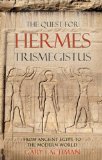 The Hermetica that we read and write about most often are not the only ancient books ascribed to Hermes Trismegistus. Multiple important early works on astrology were also attributed to the legendary sage. The link between Hermes and astrology is also clear in the Hermetic fragments of Stobaeus. The Greek Magical Papyri and texts such as the Cyranidi make it clear that Hermes Trismegistus was seen as a master of thaumaturgy, demonology, and other magical arts. Finally, Hermes is also the legendary source of alchemy, through such works as the Emerald Tablet and the works of Zosimos of Panopolis.5
The Hermetica that we read and write about most often are not the only ancient books ascribed to Hermes Trismegistus. Multiple important early works on astrology were also attributed to the legendary sage. The link between Hermes and astrology is also clear in the Hermetic fragments of Stobaeus. The Greek Magical Papyri and texts such as the Cyranidi make it clear that Hermes Trismegistus was seen as a master of thaumaturgy, demonology, and other magical arts. Finally, Hermes is also the legendary source of alchemy, through such works as the Emerald Tablet and the works of Zosimos of Panopolis.5
Many Roles for a Legend
It is clear that the legendary figure of Hermes Trismegistus has served many purposes. Perhaps, like other legendary personalities, his real meaning is to be determined by each of us individually. As Hermeticism focuses on the experience of gnosis, it could be that Hermes Trismegistus himself is a concept that needs to be personally experienced to be fully understood.
Did you like this article? My patrons receive new articles five days early. Support my work on Patreon!

Ebeling, Florian. The Secret History of Hermes Trismegistus: Hermeticism from Ancient to Modern times. Ithaca: Cornell University Press, 2007. 6-7. ↩
Salaman, Clement, trans. Asclepius: The Perfect Discourse of Hermes Trismegistus. London: Duckworth, 2007. 94. ↩
Fowden, Garth. The Egyptian Hermes: A Historical Approach to the Late Pagan Mind. Cambridge: Cambridge University Press, 1986. 28-9. ↩
Lachman, Gary. The Quest for Hermes Trismegistus: From Ancient Egypt to the Modern World. Floris Books, 2011. 16-8. ↩
Ebeling. 21-7. ↩

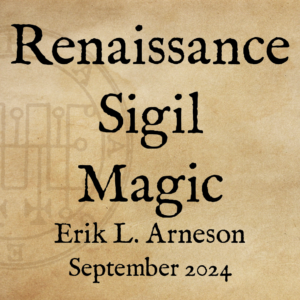
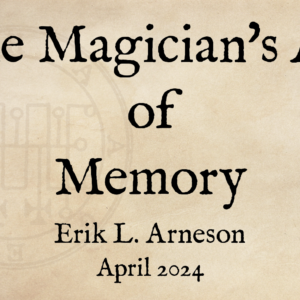
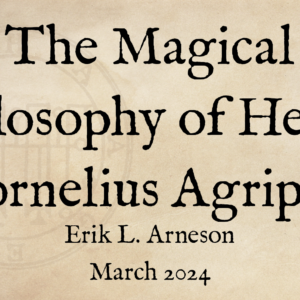
Thank you for the wonderful information.
I’m glad you found it useful! There will be more forthcoming.
[…] the Hermetica, we learn that Hermes Trismegistus has students. The two most prominent are his son Tat and Asclepius. Who is Asclepius? In addition […]
[…] had its rise and fall in history. It gained popularity during Egypt’s Ptolemaic era only to be taken underground during the Dark Ages. Once again, it became a trend during the Italian […]
[…] Hermeticum, but I had to dig around to find the exact reference.4 I found it in XIII.3, where Hermes Trismegistus states, “I went out of myself into an immortal body, and now I am not what I was […]
I am looking more into the Hermetic teachings. i’m glad i found this article
[…] without denying the existence of others.”3 For example, in book I of the Corpus Hermeticum, Hermes Trismegistus experiences a vision of creation. During this vision, he sees multiple divine aspects being […]
[…] philosophy, or Hermeticism, is based around the teachings of legendary super-mystic Hermes Trismegistus. This philosophical and magical tradition dates back to the first few centuries C.E., and probably […]
I would fully disagree that Hermes was a mythological figure. Some of the writings have the same understanding as Jesus. Some really hit what on the truth and is mirrored in the bible. Edgar Cayce mentioned this was a real person, and hinted it was one of the 30+ incarnations of the soul who conquered the world, Yeshua.. Jesus. As well, other historians show that people of the period had several names, and were called such depending on which ethnic group was addressed. Jesus was called Yehoshua (jehoshua) and yeshu (jeshu – Drop the “h” and add the roman status ending in “S” and you have Jesus). That even goes today, when you meet people from other lands that have trouble saying a name, they often give their own (endearing) name to one. I myself was born with one name, but from different ethnic groups call me the version of my name they feel best with.
The letter, J wasn’t even in use until the 14th Century.
[…] is the staff carried by the Greek deity Hermes, as well as many of his later incarnations such as Hermes Trismegistus. It is frequently depicted topped with wings. Through the Emerald Tablet and other ancient texts, […]
[…] “As above, so below, as within, so without, as the universe, so the soul…” ― Hermes Trismegistus […]